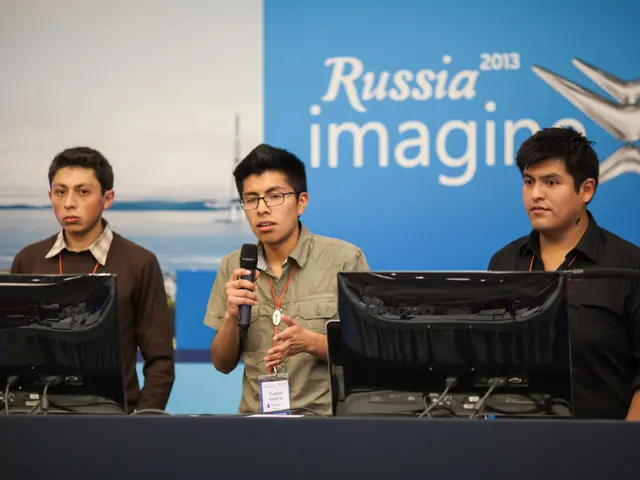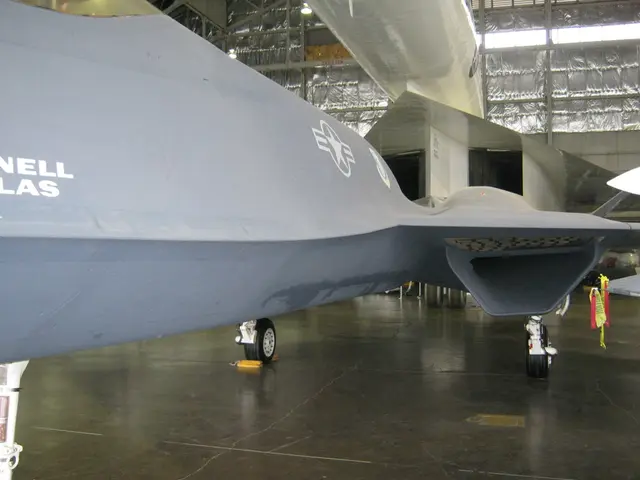U.S. authorities can address potential risks associated with AI chips without necessitating a halt in technology exports, according to a U.S. official.
In a departure from recent control measures, the U.S. is signaling a more open stance on exporting AI technology to trusted allies such as Saudi Arabia.David Sacks, the White House's AI and crypto guru, made these remarks in Riyadh, following Washington's announcement to revoke and revise a Biden-era regulation limiting global access to AI chips.
Sacks commented at the Saudi-US Investment Forum, stating, "The Trump administration has just announced that we will be rescinding what's known as the Biden diffusion rule... It restricted the diffusion or proliferation of American technology all over the world."
He further added, "Diffusion is not a risk with a friend like Saudi Arabia at all, but I think in general there was a great deal of misunderstanding about the diversion of GPUs." GPUs here refer to graphics processing units, initially designed to speed up graphics rendering.
This new stance reveals a shift from previous barriers on data center technology transfers and reflects the growing U.S. interest in expanding tech partnerships with Middle Eastern countries. These countries are pouring billions into AI infrastructure, aspiring to emerge as global AI technology hubs outside the U.S.
While the U.S. is opening up to allies, it remains vigilant against adversaries. The administration continues to tighten export controls to prevent technology from falling into wrong hands, with specific focus on Huawei Ascend chips and safeguarding against any diversion tactics [2][4].
However, as of now, there's no explicit mention of Saudi Arabia in the latest AI chip export control announcements. Nevertheless, the overall strategy indicates a more welcoming approach towards allies while keeping a close eye on sensitive tech exports.
- The U.S.'s open stance on exporting AI technology to trusted allies such as Saudi Arabia represents a shift in policy-and-legislation, driven by a growing interest in tech partnerships with Middle Eastern countries.
- In light of the growing AI infrastructure investments by Middle Eastern countries, the White House's AI and crypto guru, David Sacks, announced a revoking and revising of a Biden-era regulation, aiming to facilitate the diffusion of technology like artificial-intelligence and graphics processing units.
- While the U.S. is embracing technological collaborations with allies, the administration maintains a watchful politics toward potential threats, as demonstrated by the ongoing controls on sensitive tech exports like Huawei Ascend chips to prevent technology from falling into the wrong hands.








